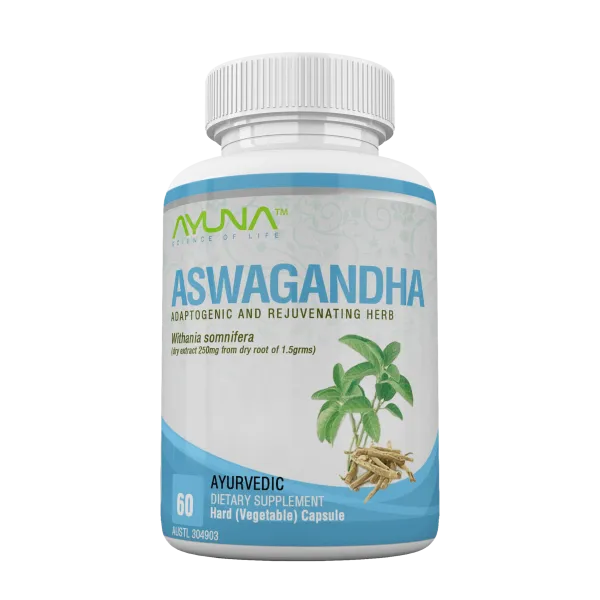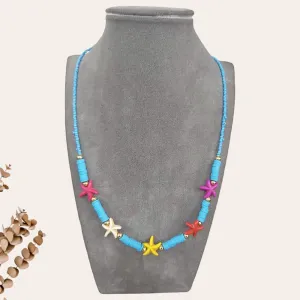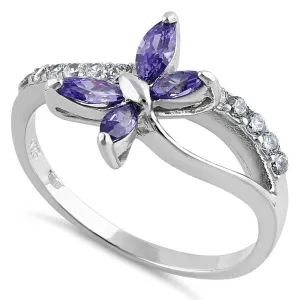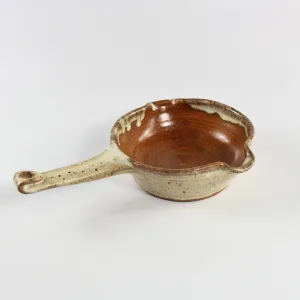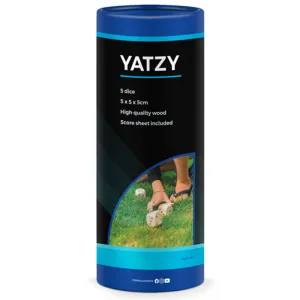Ashwagandha
Ashwagandha , one of the most widely used and popular herb, traditionally in Ayurvedic medicine used for vata balance and best restorative (Rasayana) tonic.
Product Information:
60 Vegetable capsules
Aswagandha, one of the most widely used and popular herb, traditionally in Ayurvedic medicine used for Vata balance and best restorative (Rasayana) tonic.
Indications:
Traditionally used in Ayurvedic medicine as body tonic , restorative tonic and maintain general health and wellbeing .
Excellent adaptive and help the body to adapt to stress in healthy adults.
In Ayurvedic medicine, it is widely used as rasayan/rejuvenative tonic and balance Vata
Warnings:
- If symptoms persist consult your healthcare professional.
- Keep out of reach of children.
- Store below 30oC.
- Bottle sealed for your protection. Do not use if tamper-evident seal is broken or missing.
- Do not expose to direct sunlight
- Not advised during pregnancy and Breastfeeding
- Please seek the advice of a traditional Ayurvedic medicine practitioner if you are unsure if this medicine is right for you.
Directions
Adults – Take 1-3 capsules each day with food, or as directed by your healthcare professional.
Children over 12 years – Take one capsule daily with food. If symptoms persist consult your healthcare professional
References:
Bone K. Clinical applications of Ayurvedic and Chinese herbs, Phytotherapy Press. 1996. 137-141.
Alternative Medicine Review. Thorne Research Inc. volume 9 number 2, 2004.
Braun L and Cohen M. Herbs and Natural Supplements An Evidence-Based Guide, 4th ed. Elsevier Mosby. 2015. pp.1185-1197.
Duke, J. Handbook of Medicinal Herbs. CRC Press. 1929. pp. 41-42
GlobinMed Monographs. Global Information Hub on Integrated Medicine.
Khare C.P. Indian Medicinal Plants An Illustrated Dictionary. Springer. 2007. pp.717- 718.
Khare CP. Ayurvedic Pharmacopoeial Plant Drugs. Expanded Therapeutics. 2016. pp. 584-585.
Pole S. Ayurvedic Medicine. The Principles of Traditional Practice. CRC Press. 2013. pp.133-134.

